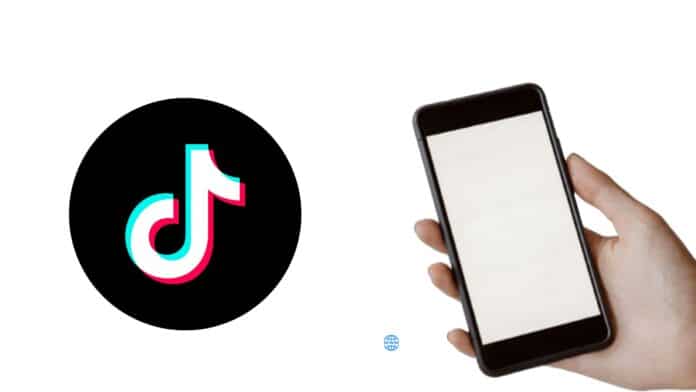It’s interesting to see how tech companies are continuously innovating and adapting to stay competitive. Google’s move to allow customization of chat bubble colors in its Messages app is a clever way to personalize the user experience and address the “green bubble” issue that some Android users face when communicating with iPhone users.

Spotify’s introduction of music videos for its premium subscribers is another strategic move that enhances its service offering, potentially attracting more users and increasing engagement on its platform. It’s a step towards creating a more integrated multimedia experience, which could indeed make it a stronger competitor against Apple Music and YouTube.
As for TikTok, venturing into the photo-sharing space with “TikTok Photos” could be a significant expansion of its social media presence, tapping into the market dominated by Instagram. It will be interesting to see how this new app will differentiate itself and what unique features it might offer to attract users from Instagram.
The new Google Pixel 8 series is bringing a cool feature to the table: you can now connect your phone to a bigger screen, like a computer monitor or TV. This is something Samsung phones could already do with a feature called Samsung DeX, but Pixel phones didn’t have it until now.
With the latest test version of Android on the Pixel 8 series, you can use a USB-C cable to hook up your phone to an external display. This means you can see your phone screen on a bigger monitor. Older Pixel phones couldn’t do this, so it’s a big upgrade for Pixel users.
However, the full desktop experience is still being worked on and isn’t quite ready. Google might release it alongside the next version of Android, called Android 15. Unfortunately, this new feature won’t work on older Pixel models because they don’t have the right hardware.
In other news, starting in 2025, iPhone users in the European Union will be able to use navigation apps other than Apple Maps. This is because of a new law called the EU’s Digital Markets Act, which aims to make sure big tech companies follow the rules.
With the next update to iOS, called iOS 18, iPhone users in the EU can switch to their favorite navigation apps like Google Maps. This move is part of the EU’s efforts to keep tech companies like Apple and Google in check. We’re not sure yet if Google will make similar changes for its navigation apps in the EU, like Google Maps and Waze.
Apple has been making other changes to follow EU rules too, like letting users transfer their data to Android phones and download apps from places other than the App Store. But it’s not clear if these changes will happen outside of the EU.
These developments reflect the dynamic nature of the tech industry, where companies must continually evolve to meet user demands and stay ahead in the market. It’s a testament to the importance of innovation in maintaining relevance and growth in the fast-paced digital world.




















